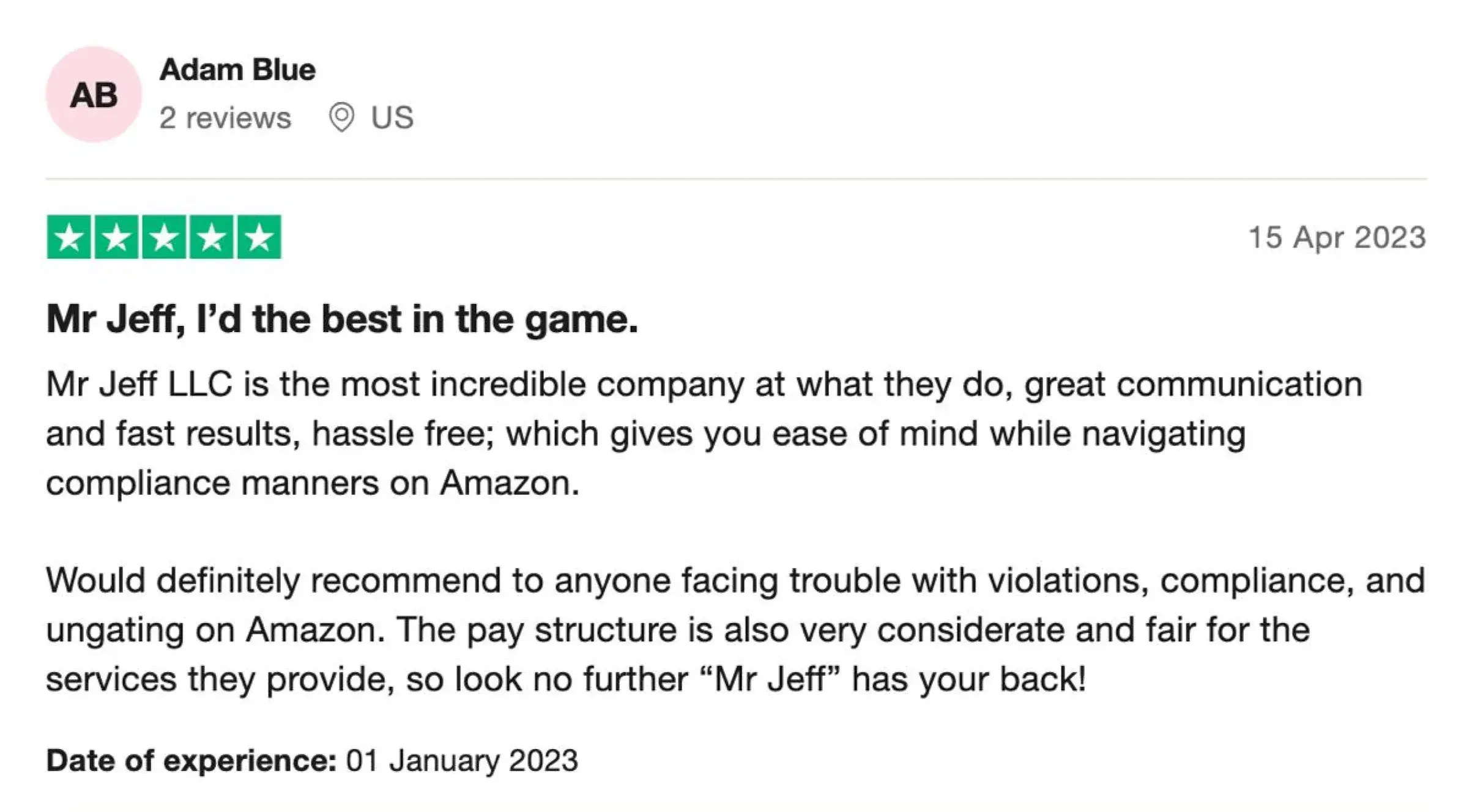 Infographics for Backlinks – Visual Goldmines for Authority Sites!
Infographics for Backlinks – Visual Goldmines for Authority Sites!
Proven Strategies for Amazon PPC Management to Maximize ROI
Written by TellCulvers » Updated on: June 21st, 2025 114 views


Introduction to Amazon PPC Management
What is Amazon PPC?
Amazon PPC management is a powerful advertising platform that allows sellers to promote their products directly on Amazon. Whenever a shopper clicks on an ad, the seller pays a small fee. It's a way to "buy" visibility in a crowded marketplace, ensuring products are seen by potential buyers who are actively searching for them.
Why is PPC Critical for Amazon Sellers?
With millions of products competing for attention, Amazon PPC helps sellers cut through the noise. Properly managed PPC campaigns not only increase visibility and drive traffic but also improve organic rankings and conversions. For new sellers or those in competitive niches, PPC can be the difference between thriving and disappearing.
Types of Amazon PPC Campaigns
Sponsored Products
These ads promote individual product listings and appear in search results and on product pages. Sponsored Products are the most popular and widely used campaign type.
Sponsored Brands
Sponsored Brand ads showcase a seller's brand logo, a custom headline, and multiple products. These ads appear at the top of search results and are great for building brand awareness.
Sponsored Display
Sponsored Display ads target shoppers on and off Amazon, using audience behavior data to retarget users who viewed similar products. These ads help in reaching broader audiences.
Setting Up Your Amazon PPC Campaign
Keyword Research Techniques
Effective PPC starts with strong keyword research. Tools like Helium 10, Jungle Scout, and Amazon's own Keyword Tool can uncover high-traffic, low-competition keywords that your competitors might miss.
Budget Planning and Bid Strategy
Set a daily or campaign-level budget that aligns with your goals. Bids determine where your ad appears, so start with competitive bids, monitor performance, and adjust accordingly to optimize spend.
Campaign Structure Best Practices
Organize campaigns by product categories or match types. Use single keyword ad groups (SKAGs) to maintain control over performance and avoid wasted spend.
Understanding Match Types and Targeting Options
Broad, Phrase, and Exact Match
Broad Match captures the widest audience.
Phrase Match offers a balance of reach and control.
Exact Match targets specific search terms, offering the highest relevance and control.
Automatic vs. Manual Targeting
Automatic Targeting lets Amazon choose keywords and placements. Ideal for beginners or discovering new terms.
Manual Targeting gives you full control, allowing you to choose keywords and match types.
The Role of Negative Keywords in Amazon PPC
Benefits of Using Negative Keywords
Negative keywords prevent your ads from showing for irrelevant searches, saving budget and improving conversion rates.
How to Implement Them Effectively
Review search term reports regularly and add irrelevant terms as negatives. Use both negative phrase and negative exact match types for greater control.
Optimizing Amazon PPC Campaigns for Better Performance
Analyzing Campaign Data
Keep an eye on key metrics like click-through rate (CTR), cost-per-click (CPC), advertising cost of sales (ACoS), and return on ad spend (RoAS).
Adjusting Bids and Budgets
Use data insights to lower bids on underperforming keywords and increase bids on those converting well.
Split Testing Ad Creatives
Test different product images, titles, and descriptions to find what resonates most with shoppers.
Advanced Amazon PPC Tactics
Dayparting Strategies
Adjust ad scheduling based on when your target audience is most active. Some tools help automate this for higher efficiency.
Geo-targeting and Audience Segmentation
Target specific regions or demographics for more personalized campaigns, increasing relevance and ROI.
Product Targeting Ads
Use ASIN targeting to place ads on competitor product listings or complementary items.
Using Software and Automation Tools for PPC Management
Overview of Top Amazon PPC Tools
Tools like Sellics, PPC Entourage, and Teikametrics provide analytics, automation, and optimization suggestions.
Benefits of Automation
Automation tools save time, reduce human error, and help scale campaigns efficiently by adjusting bids in real-time.
Analyzing PPC Reports and Metrics
Key Performance Indicators (KPIs)
ACoS: Measures ad cost relative to sales.
CTR: Indicates how attractive your ad is.
Conversion Rate: Shows how well your listing converts clicks into purchases.
How to Measure Campaign Success
Compare KPIs against your break-even ACoS to evaluate profitability. Look at long-term trends over short-term spikes.
Common Mistakes in Amazon PPC Management
Overbidding and Underbidding
Avoid emotional bidding. Let data guide your bid adjustments.
Ignoring Campaign Data
Frequent monitoring and optimization are crucial for long-term success.
Misuse of Match Types
Using only broad match without control wastes budget. Combine match types strategically.
Amazon PPC for Beginners: Step-by-Step Guide
Create a campaign: Choose Sponsored Products to start.
Set budget and bids: Begin with conservative estimates.
Select keywords: Use automatic targeting for discovery.
Launch and monitor: Watch your metrics daily.
Optimize weekly: Add negatives, adjust bids, and refine keywords.
Scaling Your Amazon PPC Campaigns
When to Increase Budgets
Once a campaign shows a positive ROI and consistent performance, slowly increase the budget to scale results.
How to Scale While Maintaining ROI
Expand to new keywords, test additional ad types, and use audience targeting to find new growth opportunities.
The Impact of Seasonality on Amazon PPC
Preparing for Seasonal Trends
Use historical data to predict when to increase ad spend and keyword bids (e.g., Black Friday, Prime Day).
Adjusting Bids During High-Demand Periods
Increase visibility during peak shopping times by temporarily raising bids and budgets.
Outsourcing Amazon PPC Management
Pros and Cons of Hiring an Agency
Pros: Saves time, expert insights, faster scaling.
Cons: Higher costs, potential misalignment with your brand voice.
What to Look for in a PPC Manager
Experience with Amazon ads, data-driven strategy, transparent reporting, and proven case studies.
FAQs About Amazon PPC Management
1. What's a good ACoS for Amazon PPC?
Typically, a good ACoS is 15–30%, depending on your profit margins.
2. How often should I optimize my PPC campaigns?
At least once a week for active campaigns, more frequently during launch or sales seasons.
3. Can Amazon PPC help boost organic rankings?
Yes! Sales from PPC campaigns can influence organic rankings over time.
4. How much should I spend on Amazon PPC?
Start with 5–10% of your product's monthly revenue and adjust as you gather data.
5. Is manual or automatic targeting better?
Manual offers better control, but automatic is great for discovering new keywords.
6. Are there tools to manage PPC easier?
Yes, tools like Helium 10, Teikametrics, and Sellics help automate and optimize campaigns.
Conclusion: Mastering Amazon PPC for Long-Term Success
Effective Amazon PPC management is more than just setting bids - it's a strategic process involving keyword research, constant optimization, and smart scaling. Whether you're a beginner or a seasoned seller, the key lies in understanding your data, avoiding common mistakes, and continuously adapting to marketplace changes. Master these fundamentals, and your ROI will speak for itself.https://www.mrjeffamz.com/
Note: IndiBlogHub features both user-submitted and editorial content. We do not verify third-party contributions. Read our Disclaimer and Privacy Policyfor details.
Copyright © 2019-2025 IndiBlogHub.com. All rights reserved. Hosted on DigitalOcean for fast, reliable performance.
















